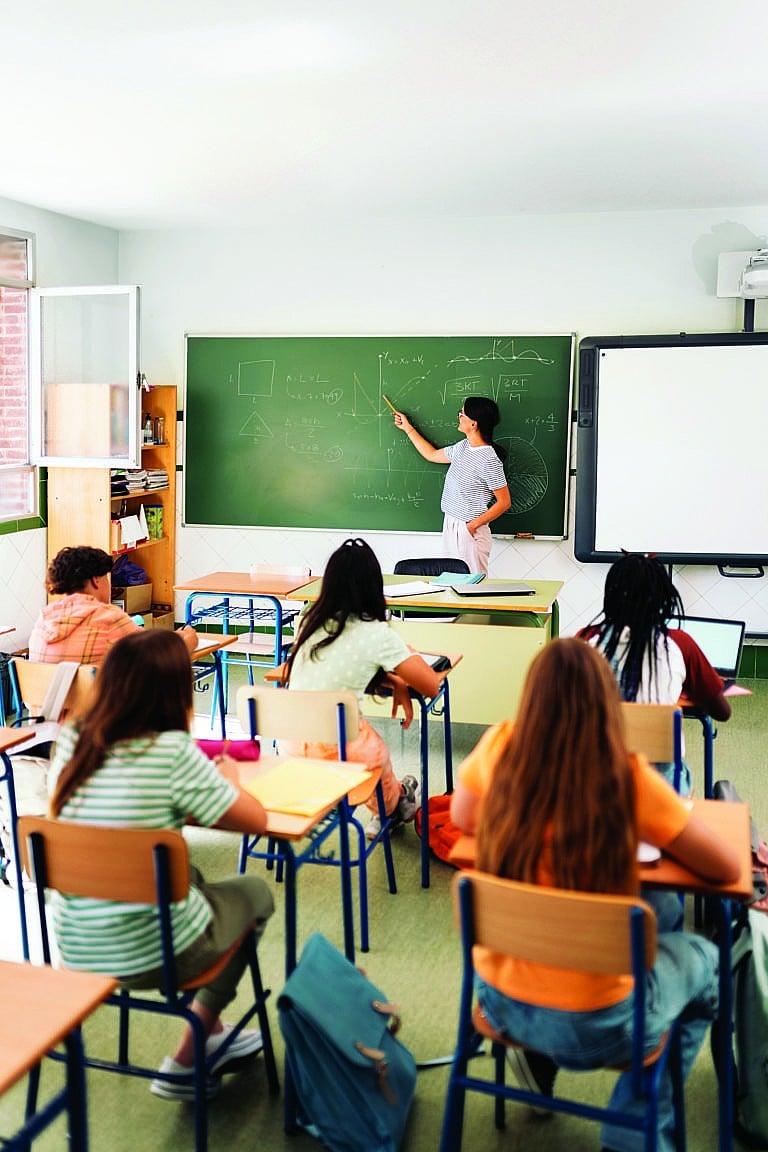How private schools specialize in top-tier teaching
From PhDs to subject-matter experts, faculty deliver an exceptional education

Share
The quality of education a student achieves is inherently tied to the expertise of the teachers delivering it. Private schools, known for their exceptional educators, consistently produce remarkable outcomes. Since the government doesn’t fund private schools, they’re free to operate outside of the guidelines set by the Ministry of Education. And while teachers at private schools don’t have to be certified or possess a degree in education, many bring those provincial requirements—along with hands-on experience, extensive knowledge and a wealth of expertise—to the classroom.
Select company
Every private school has unique hiring criteria, but the selection process requires educators to meet very high standards across the board. “As a school [with] a long- standing and meaningful social-emotional learning program, we ensure our teachers have the expertise and a passion for relational learning,” says Jennifer Colleran, vice-principal at the Sterling Hall School in Toronto. Possessing experience, specialized skills, or a degree in a particular subject is also typical of a private school teacher. “We look for teachers with a bachelor’s degree in their area of specialization,” says Seonaid Davis, vice-principal, teaching and learning at Toronto’s Havergal College. “For example, BMath for a math teacher or BSc for a science teacher. We also look for some experience in an independent-school environment or international school, but that’s not a requirement, just a nice-to-have.”
Quality control
Outside of education and experience, many private school teachers participate in ongoing training and professional development to expand their skills and knowledge base—often with the encouragement of the school itself. This might include graduate-degree or PhD work, participating in events through organizations such as Canadian Accredited Independent Schools, or joining affinity groups. “Our teachers are collaborative, life-long learners, who are local and global thought-leaders with expertise in their subject areas,” Colleran says. “They’re always striving to increase their knowledge and find new and innovative ways to impart learning.” Teachers at Havergal set their own professional-growth plans, says Davis, “and we support professional learning in the areas that they have specified.”
Next-level learning
In hiring subject-matter experts, private schools facilitate their students’ learning in unique and exciting ways. “The expertise of the teacher means they bring knowledge and passion to their subjects, which make their classes come alive for their students,” Davis says. “Subject-matter experts can identify and teach the ‘big ideas’ or key concepts in a course, and that provides a framework students use to connect ideas together.” Colleran concurs. “We also know that [a teacher’s] excellence in their subject area translates directly to increased student achievement, cognitive development, and [the students’] confidence in their skills and themselves as a whole,” she says. Students aren’t the only ones who benefit, either. Private school teachers operate in a richly collaborative educational environment. “Our faculty members work as a team,” says Beth Alexander, associate principal at the Linden School in Toronto. “During lunchtime, you can often overhear our teachers sharing ideas and solving problems together. With a collegial faculty of experts who are interested in many topics, we solve problems together quickly!”